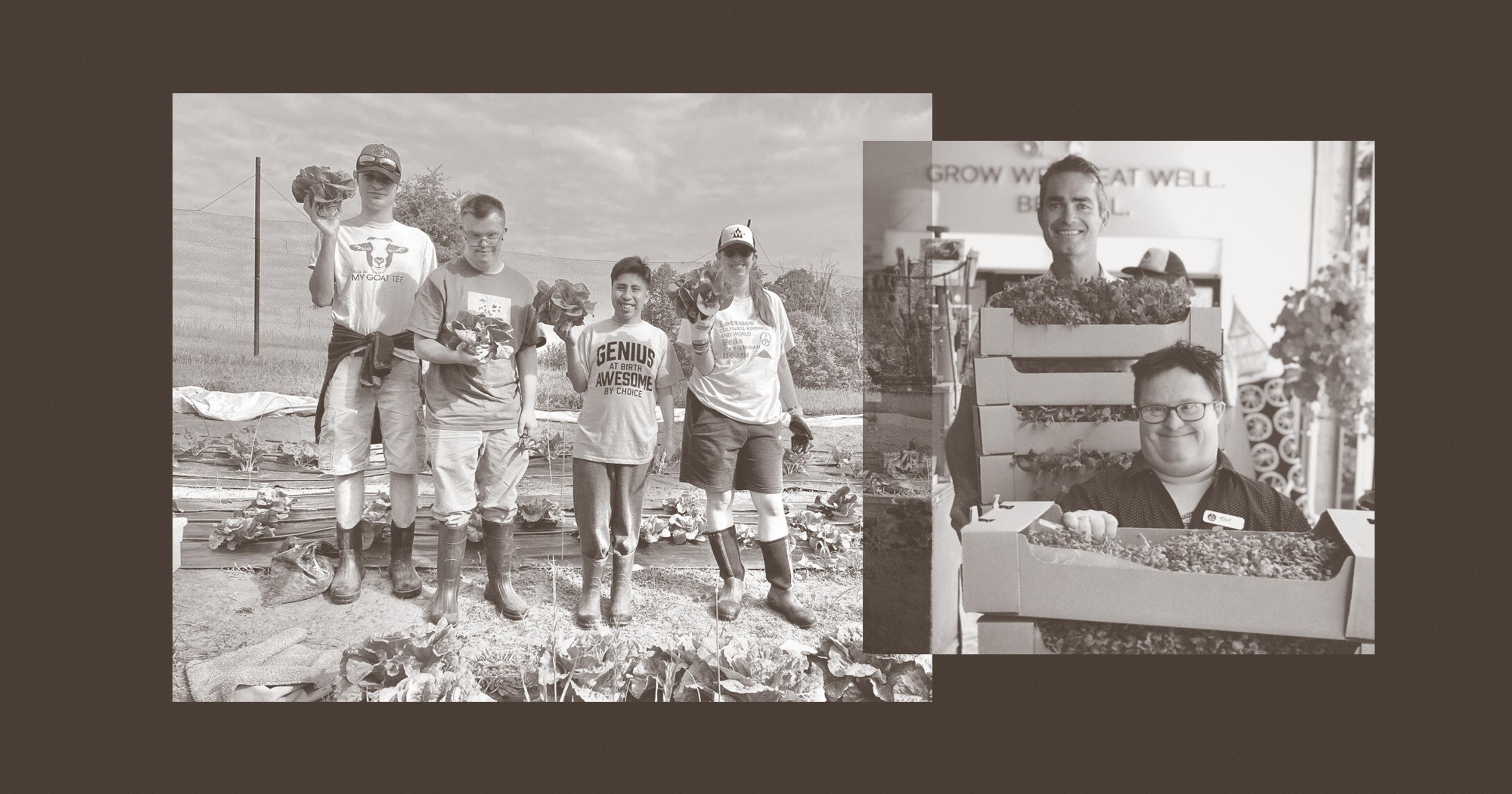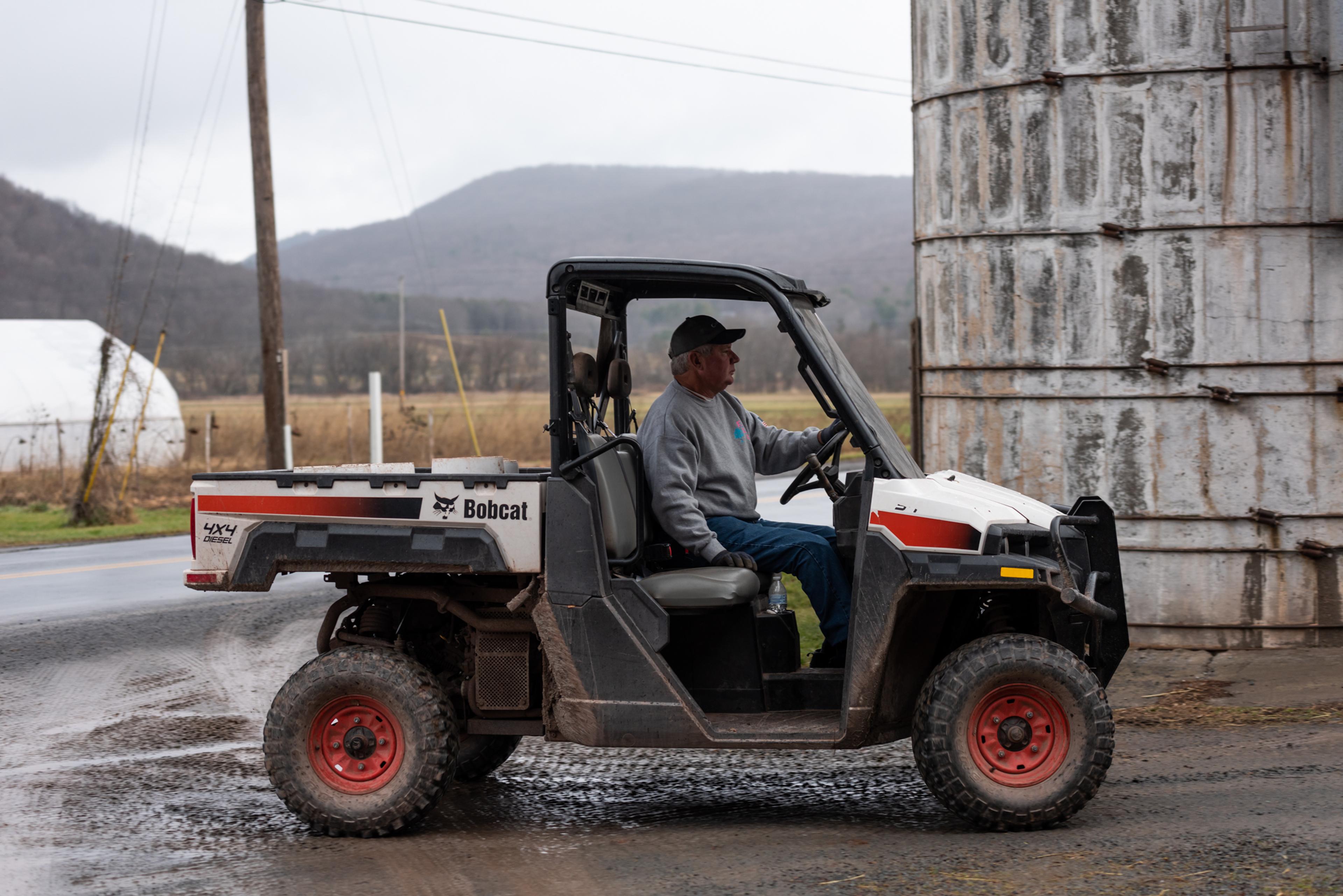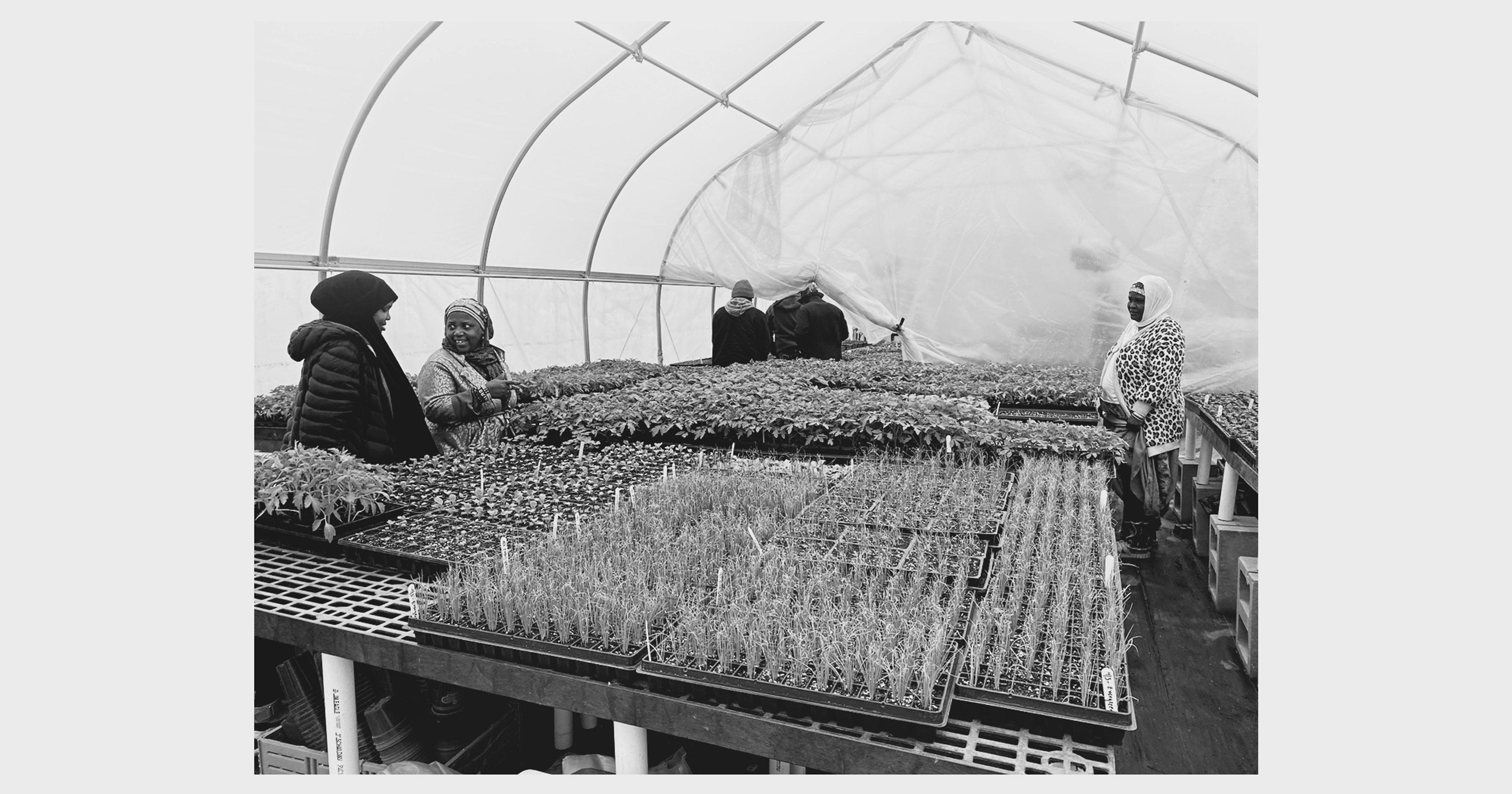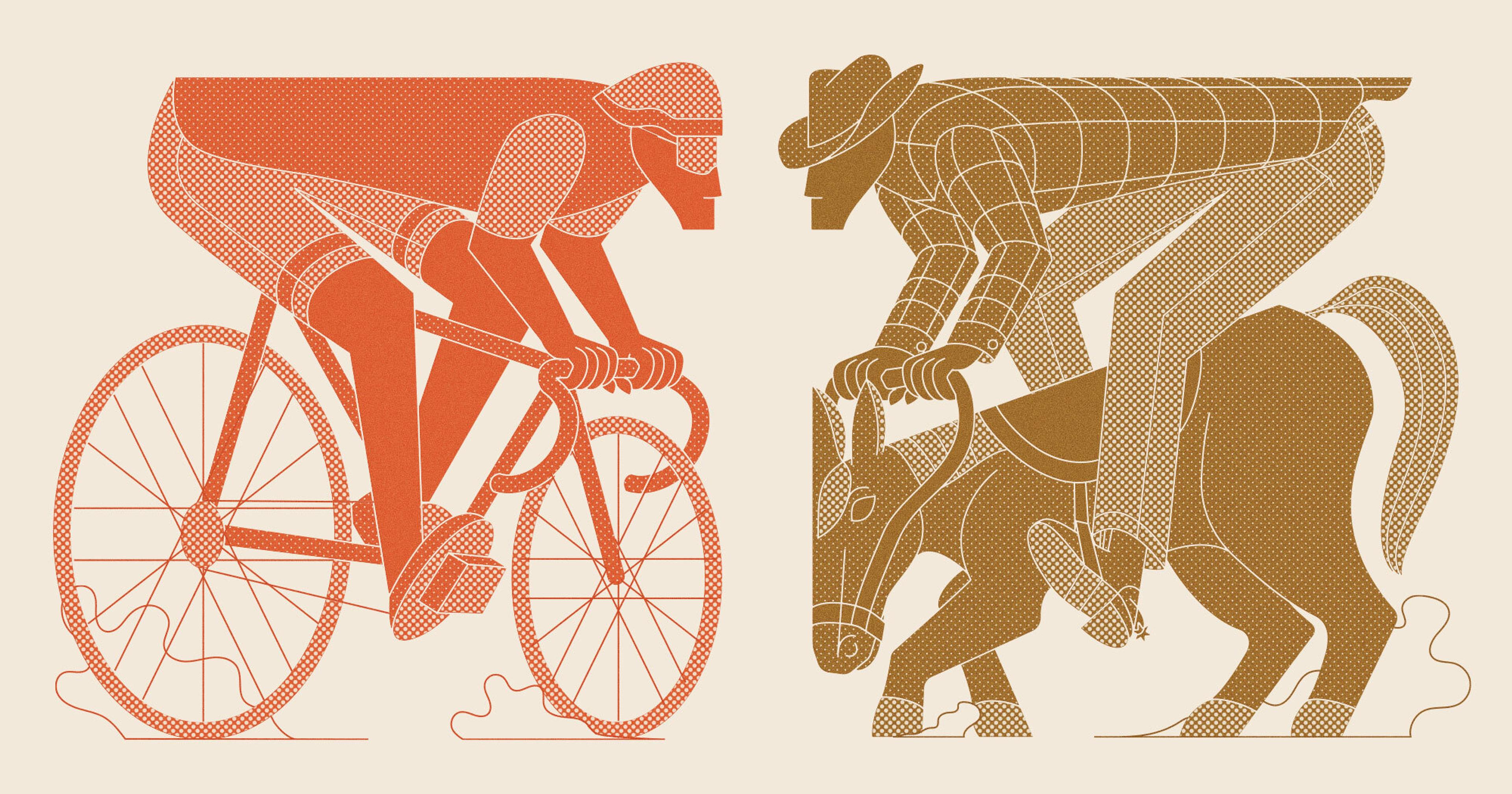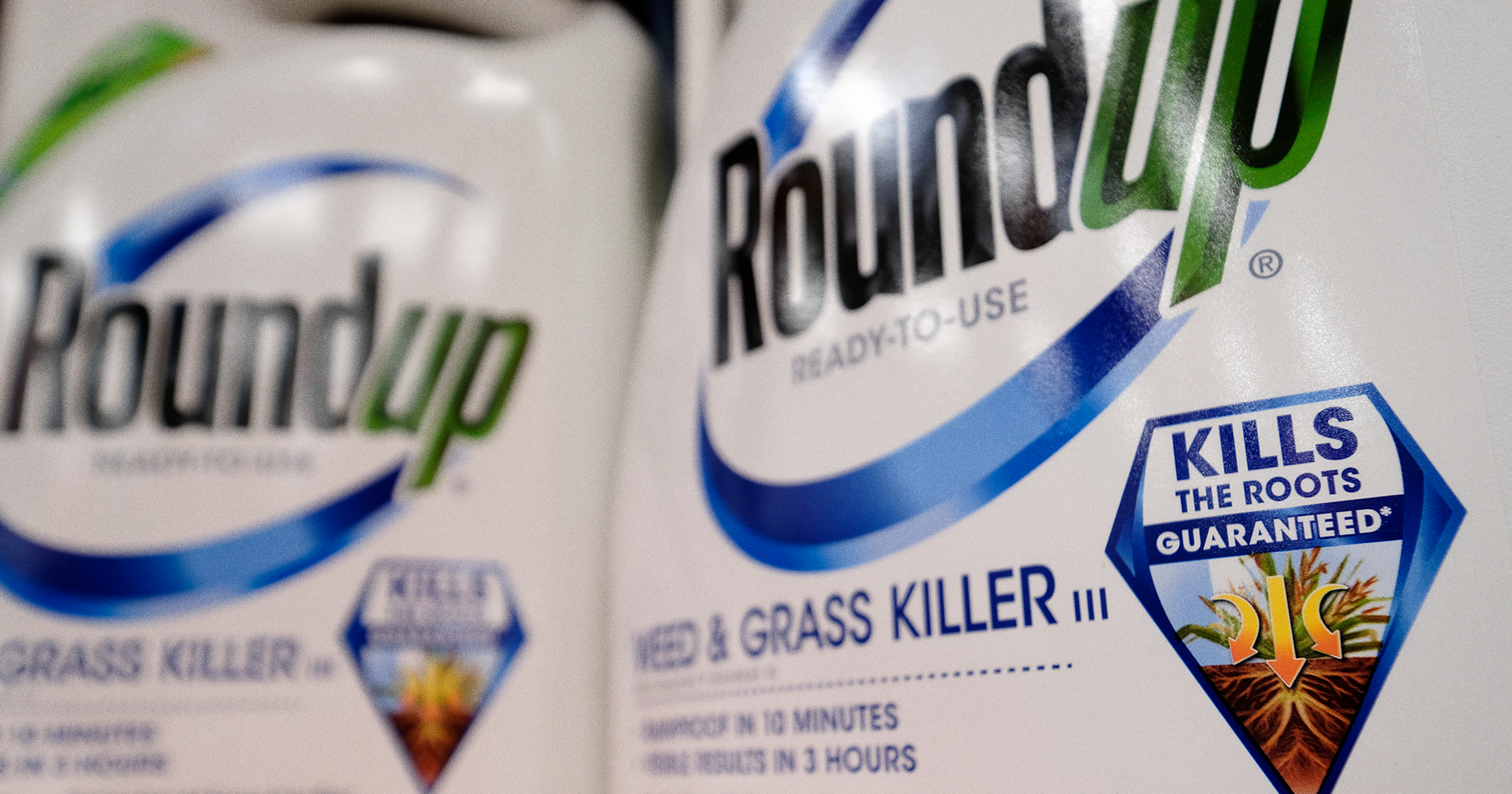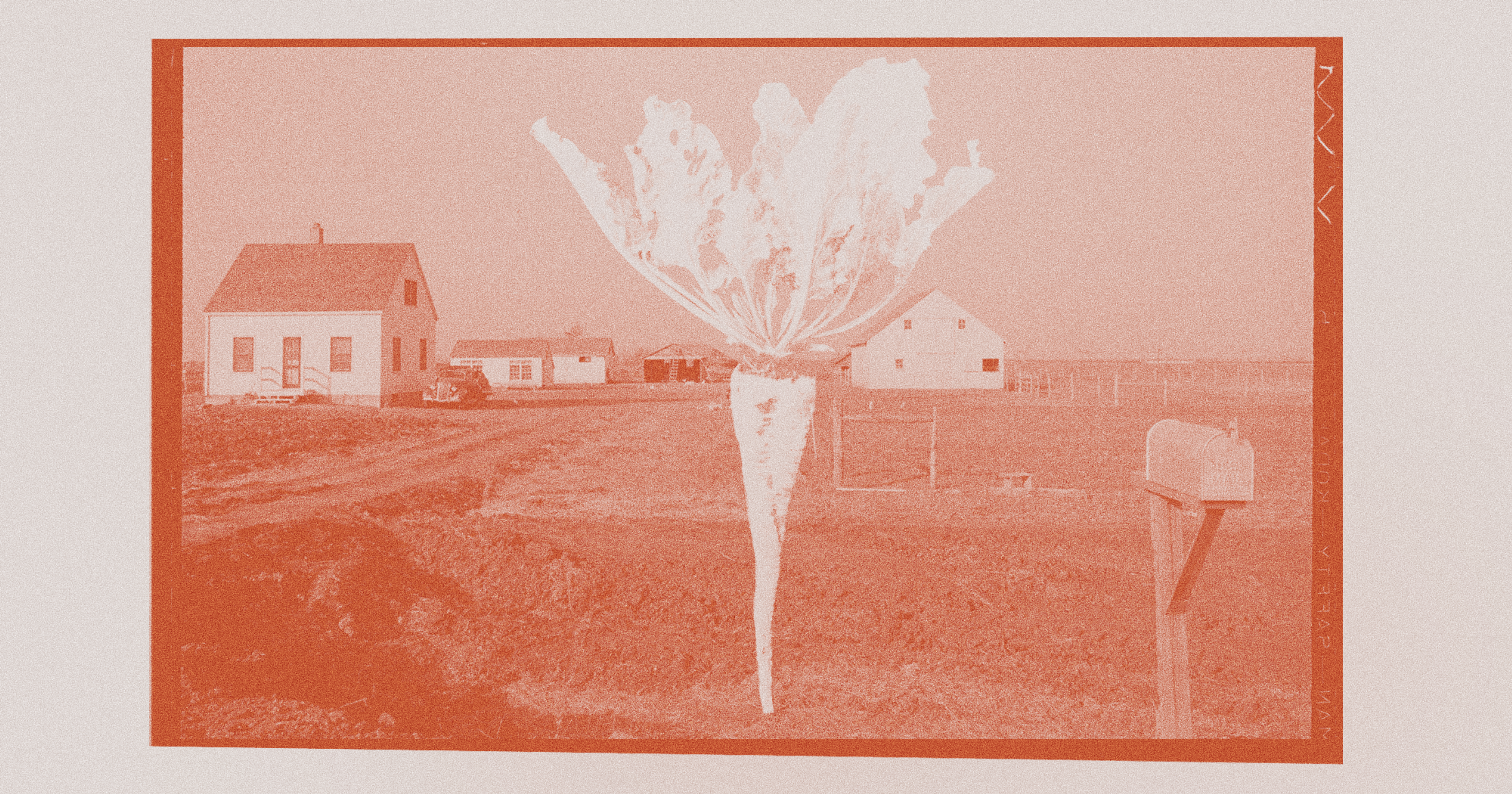A surging number of U.S. farms are giving people with developmental disabilities self-confidence, community, and connection.
When Guthrie, a 32-year-old Albuquerque resident with intellectual and developmental disabilities, started working at Mandy’s Farm, he was quiet and lacking in confidence. Over the next few months, he learned how to cultivate soil, grow crops such as tomatoes and sweet potatoes, and he also helped reskin a hoop house.
As his role expanded at this New Mexico farm, he began to smile more and identify himself as a farmer. “He’s also become a strong motivator to help lead the volunteer groups we have here,” said Melissa McCue, executive director of Mandy’s Farm. “His confidence has grown tremendously, and he’s showing his personality more.”
Mandy’s is just one farm working with developmentally disabled adults like Guthrie, from Smile Farms in New York City to A Farm Less Ordinary in Virginia. These farming communities are becoming known for buoying the spirits and careers of disabled workers who have often been pigeon-holed into service jobs — if they are able to find employment at all. The unemployment rate for Americans with intellectual and developmental disabilities hovers at around 7.2%, roughly twice that of those with no disability.
But beyond gainful employment, these farms provide another valuable gift for the workers: nurturing an element of nature in a way they may have never done.
“There’s a therapeutic element to farming, where these folks can see something grow from start to finish,” said McCue, “and I think farms like ours play an imperative role in the community.”
Mandy’s Farm, launched in 2000, is spread across two lots, at a combined six acres. The non-profit organization — a common designation for many of these farms — has employed more than 400 adults with developmental disabilities living in the Albuquerque area.
More than 1,800 miles east is a similar operation in Lovettsville, Virginia, founded in 2016. A Farm Less Ordinary got off the ground when Maya Wechsler and Greg Masucci moved from Washington to Virginia to give their autistic son Max a less hectic lifestyle. They sought to create Max’s “forever home,” a farm where he and other adults with disabilities could find paid work, acceptance, and meaning, Masucci said.
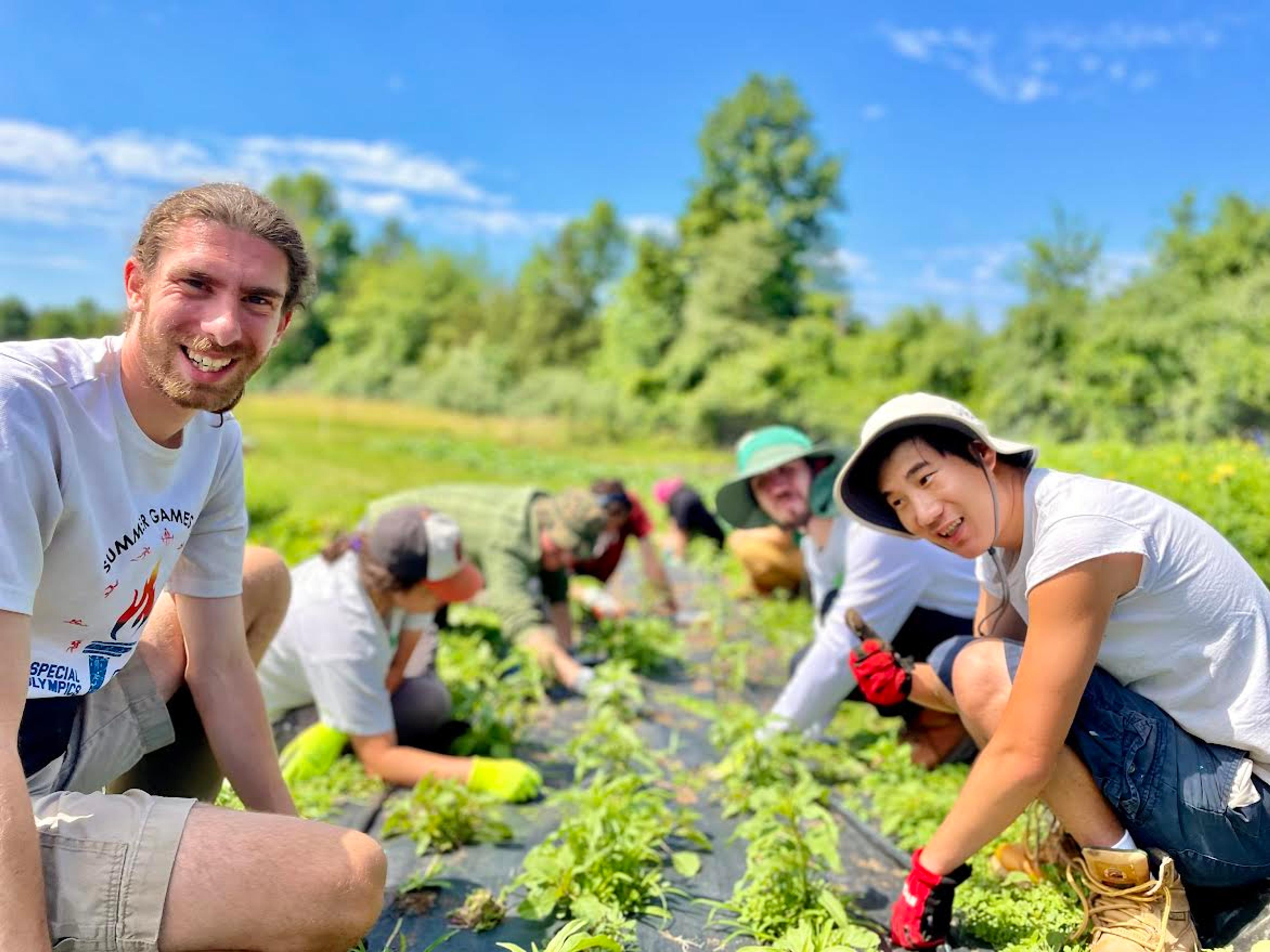
Courtesy of A Farm Less Ordinary
“These kids want to work and get out of the house and be productive,” he said, “and they want the same life as you and me, with a steady paycheck and relationships and friends and having meaning in their lives.”
Growers, as Masucci calls employees at his farm, regularly till the soil, plant crops, care for their growth, and also sell fruits and veggies at local farmers markets. That kind of face-to-face interaction can inspire those with disabilities to come out of their shell and engage in work that they find socially invigorating, he added.
Most importantly, Masucci and McCue stress, agricultural jobs for adults with developmental disabilities counters a disappointing and ongoing narrative. “Too often, they are only given work at piecemeal jobs, or with janitorial work,” said McCue.
Some of these non-profit farms also aim to place aspiring farmers outside their own acres. At Mandy’s, they partnered with New Mexico State’s AgrAbility project to assist farms across the state that have been “impacted by a disability, chronic health issue, or aging issue that is limiting participation in production agriculture.”
McCue added how it’s “important for us to not just fill the gaps on our own properties but in external communities where their skills can be used to help continue operations.”
At Vertical Harvest in Jackson, Wyoming, co-founder Nora Yehia brought the farm to life thanks to her family — much like A Farm Less Ordinary. “Growing up with a brother with disabilities, I watched the world offer us very different opportunities,” she said. “I ended up an advocate for accessibility and inclusion even before I knew what those words meant.”
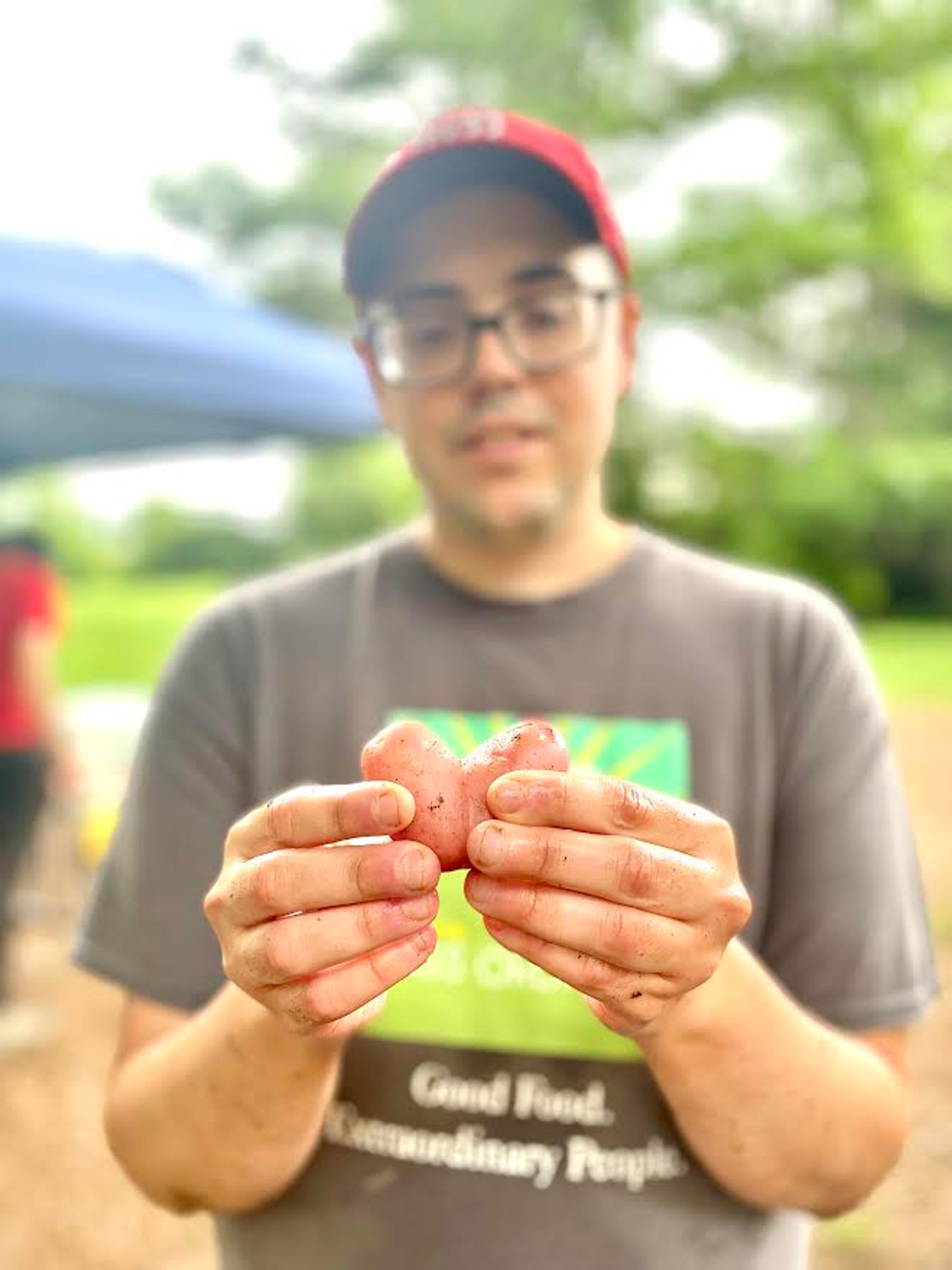
Courtesy of A Farm Less Ordinary
But some experts on employment among the disabled community warn against an uncomfortable trend: placing adults with developmental disabilities into roles they may not express a desire to have. Steven Eidelman, professor of human services policy and leadership at the University of Delaware, admires the noble intentions of these unique farms but he has heard how some parents force children into employment positions without asking what they want first.
“Families are desperate to get them out of the house and doing something,” Eidelman said. “And it’s challenging, because these adults may not be able to decide on their employment without sufficient support.”
He added how farming job placement may also leave them vulnerable. “I’m wondering how skilled these farming community managers are in working with those with special needs,” Eidelman said.
Even if these adults want to work in these communities, these farms face similar issues to other nonprofits — and other farms, for that matter — funding can be a major source of anxiety. Vertical Harvest’s Yehia said they are in the same situation as start-ups where they’re building the plane as they’re flying it. “The past few years have been really challenging for fundraising, and while this is true for all businesses trying to scale,“ she said, ”the volatility in the industry is an added challenge for those of us still here and growing.“
For Masucci’s A Farm Less Ordinary, payroll accounts for three-quarters of their budget and continues to cause him stress. “Fundraising can be exhausting,” he admitted, “and I worry about the day when I don’t bring enough money through the door and have to lay off growers, causing them to lose their social conduit.” Thus far, thanks to government assistance such as loans from the Paycheck Protection Program, he has kept all the employees he hired. Vertical Harvest credits a $52 million USDA-backed loan for allowing them to launch a new farm in Maine set to open in 2025.
Beyond funding consistency, another key to success is collaborating with other farms. McCue says she and colleagues recently visited A New Leaf in Oklahoma to learn best practices and approaches to employing adults with developmental disabilities. “The more we can learn from each other, the more we can grow stronger together,” she said.
That growth mirrors how developmentally disabled growers can nurture their own self-worth and confidence as they watch their crops flourish. These plots of land are more than a simple career path — they can foster connection, compassion, and a sense of pride.

